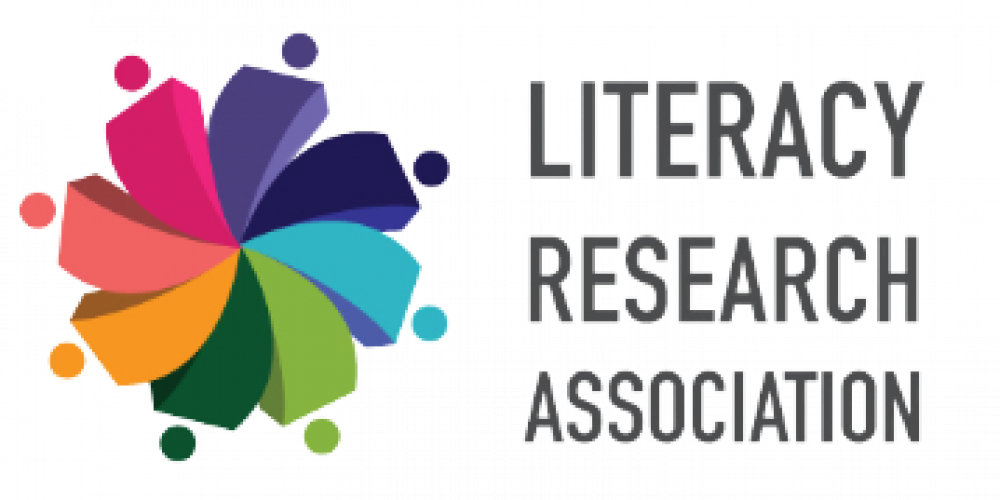History of the Award
The purpose of the Edward B. Fry Book Award is to recognize LRA members who author a book on literacy research and practice. The award was established by Edward B. Fry who contributed a fund to support it. The first award was presented in 1995. An award seal was designed and used for the first time in 2000.
Criteria for Consideration
Eligibility for the award is limited to current members of LRA who have written or been one of several authors of a book. The book must have a copyright date within 5 years of the date when the award is made.
The book that receives the award will:
• Advance knowledge about literacy
• Display inquiry into literacy
• Show responsible intellectual risk taking
Procedures for Nominations
Letters of nomination and a copy of the nominated book must be sent to the Chair before May 15th. Nomination letters must directly address the ways in which the nominated book meets the criteria outlined above. Letters cannot simply reiterate the endorsements or summaries designed to promote the text. Self-nominations are accepted. A book may be re-nominated if it has been previously nominated but did not win the award.
Review Process
Once nominations are received, the Chair reviews them to make sure they are eligible in terms of authorship and copyright date. The Chair contacts the publishers of the books to secure review copies for all Committee members. Publishers may send books directly to Committee members or send copies to the Chair to distribute. The Chair sends review and ranking forms to Committee members and information about the deadline for returning them. Committee members may e-mail their reviews and ranking information but also must send the forms to the Chair for the archives. When review and ranking forms are received from all Committee members, the Chair tallies the ranking forms, averages the scores, and determines the award winner. The Chair then notifies the recipient of the award, Committee members, and the Executive Director, emphasizing that the information is not to be revealed until the presentation at the Annual Conference. Notification should occur no later than October 1st.
Presentation of Award
The Edward B. Fry Book Award is presented at the annual conference and the author receives a plaque, a monetary award. The monetary award will be in the amount of 5 percent of the principal in the Fund. If there is more than one author, the amount will be distributed equally among co-authors.
Award Committee
Lynne Watanabe
nope@lynne.kganetso@byu.edunope@lynne.kganetso@byu.edu
Committee Member, (2022 – 2025)
Award Winners
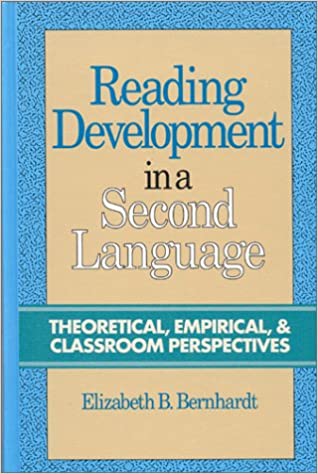
Reading development in a second language: Theoretical, empirical, & classroom perspectives
Elizabeth Bernhardt
1995
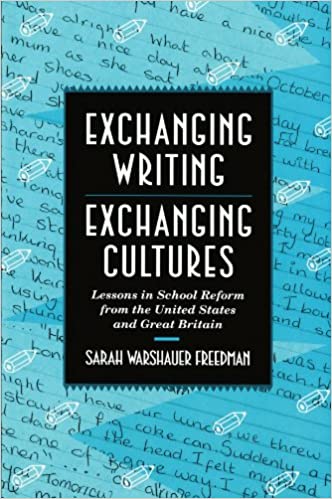
Exchanging writing, exchanging cultures: Lesson in school reform from the United States and Great Britain
Sarah Warshauer Freedman
1996
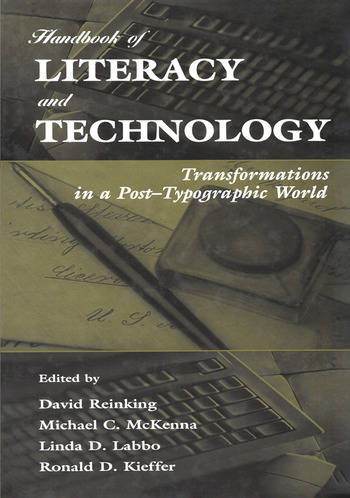
Handbook of literacy and technology: Transformations in a post-typographic world
David Reinking, Michael McKenna, Linda Labbo, Ronald Kieffer
1999
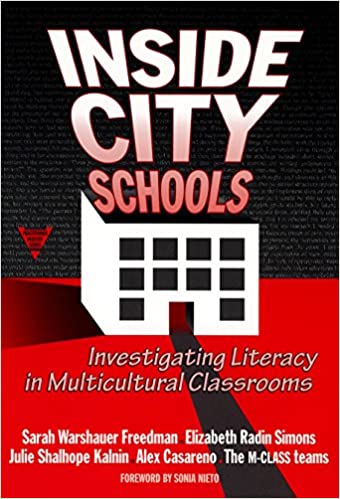
Inside city schools: Investigating literacy in multicultural classrooms
Sara Warshauer Freedman, Elizabeth Radin Simons, Julie Shallhope Kalnin, Alex Casareno, and the M-CLASS
2000
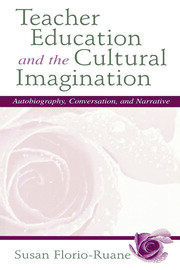
Teacher Education and the Cultural Imagination: Autobiography, Conversation, and Narrative
Susan Florio-Ruane
2001
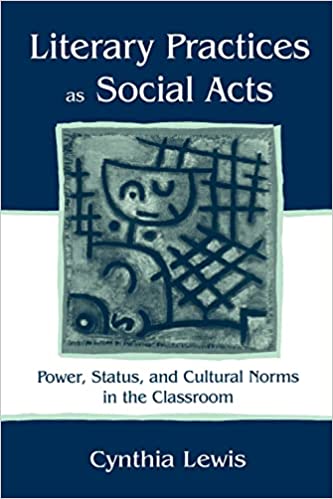
Literary Practices as Social Acts: Power, status, and Cultural Norms in the Classroom
Cynthia J. Lewis
2002
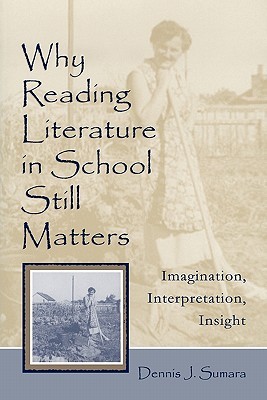
Why reading literature in school still matters: Imagination, interpretation, insight
Dennis J. Sumara
2003
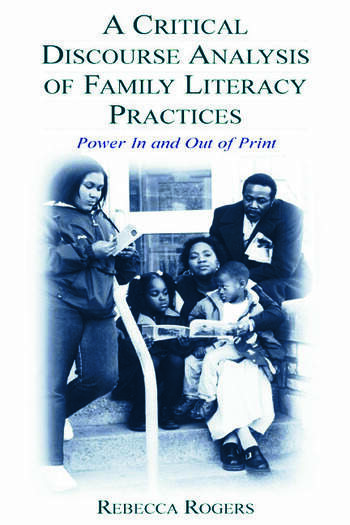
A critical discourse analysis of family literacy practices: Power in and out of print
Rebecca Rogers
2003
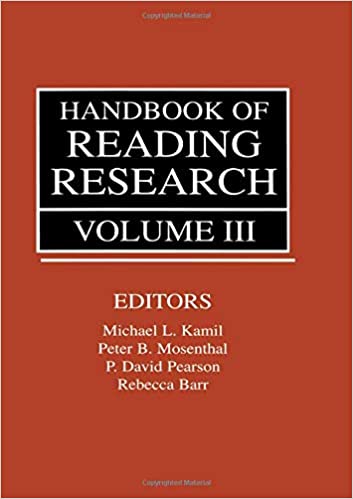
Handbook of Reading Research
P. David Pearson, Rebecca Barr, Michael L. Kamil, Peter B. Mosenthal
2004
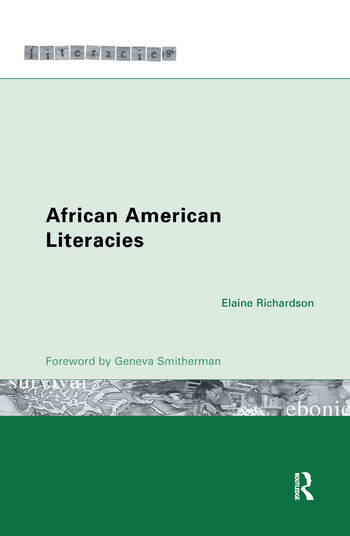
African American literacies
Elaine Richardson
2005
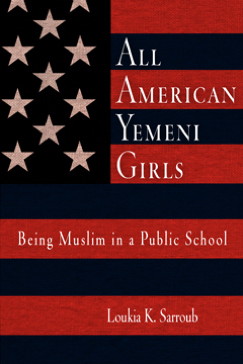
All American Yemeni girls: Being Muslim in a Public School
Loukia K. Sarroub
2005
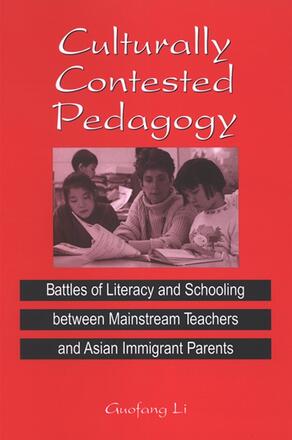
Culturally contested pedagogy: Battles of Literacy and Schooling between Mainstream Teachers and Asian Immigrant Parents
Guofaang Li
2006
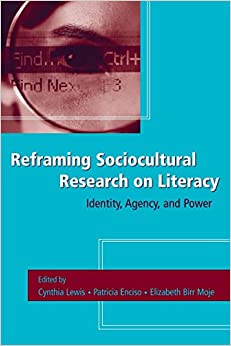
Reframing sociocultural research on literacy: Identity, agency, and power
Cynthia J. Lewis, Patricia E. Enciso, Elizabeth Birr Moje
2007
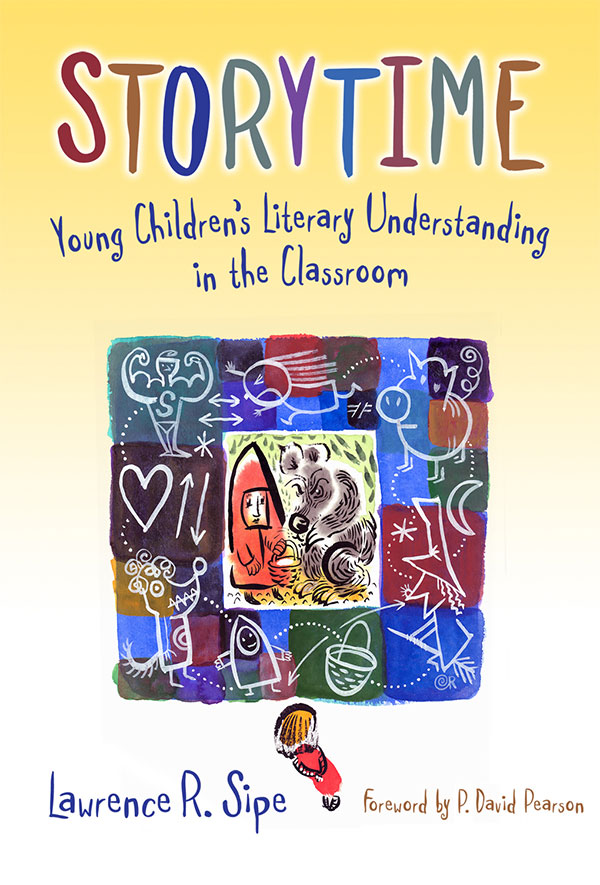
Storytime: Young children’s literary understanding in the classroom
Lawrence R. Sipe
2008
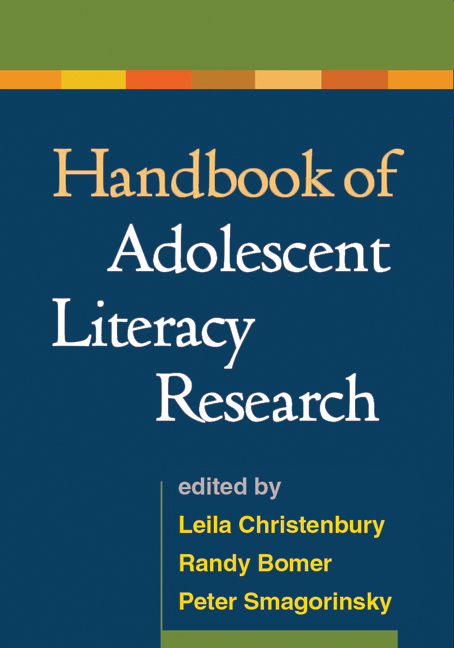
Handbook of adolescent literacy research
Leila Christenbury, Randy Bomer, & Peter Smagorinsky
2009
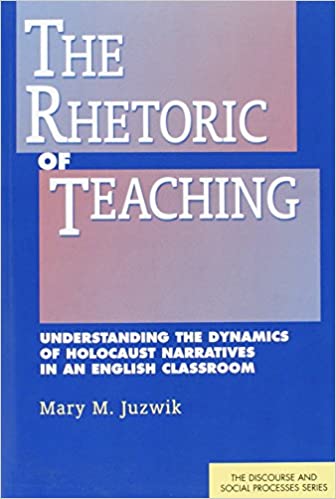
The Rhetoric of Teaching: Understanding the Dynamics of Holocaust Narratives in an English Classroom
Mary M. Juzwik
2010
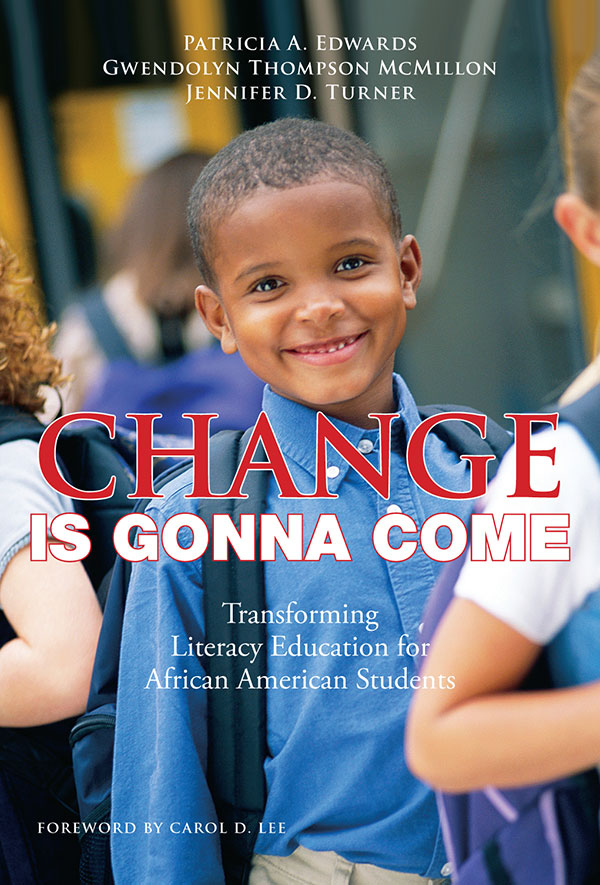
Change is Gonna Come: Transforming literacy Education for African American students
Patricia A. Edwards, Gwendolyn Thompson McMillon, Jennifer D. Turner
2011
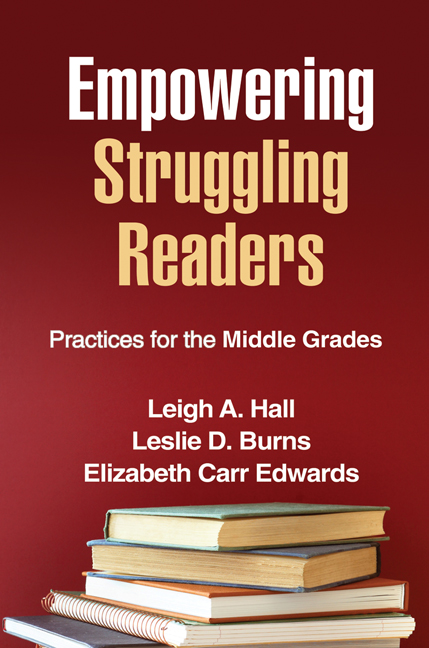
Empowering Struggling Readers: Practices for the Middle Grades
Leigh Hall, Leslie David Burns, & Elizabeth Edwards
2012
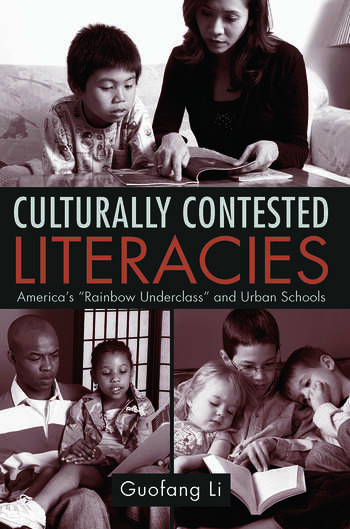
Culturally Contested Literacies: America’s “Rainbow Underclass” and Urban School
Guofang Li
2013
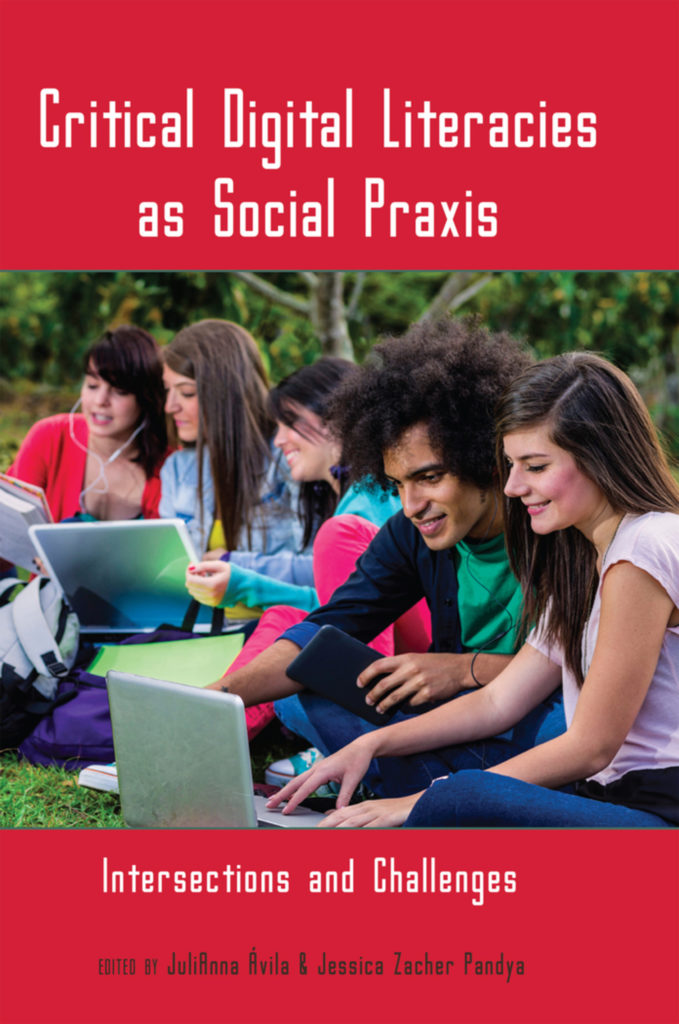
Critical Digital Literacies as Social Praxis: Intersections and Challenges
JuliAnna Ávila & Jessica Zacher Pandya
2014
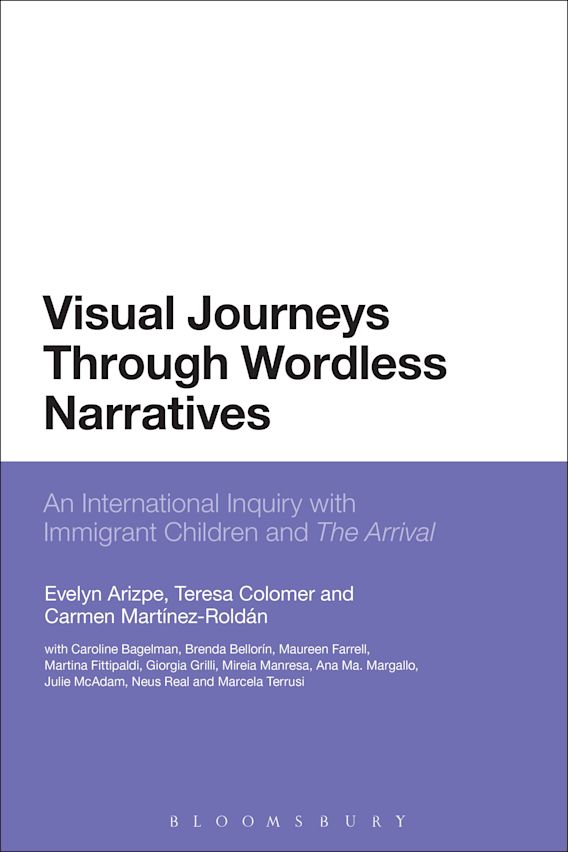
Visual Journeys through Wordless Narratives: An International Inquiry with Immigrant Children and the Arrival
Carmen Martínéz-Roldan, Evelyn Arizpe, Teresa Colomer
2015
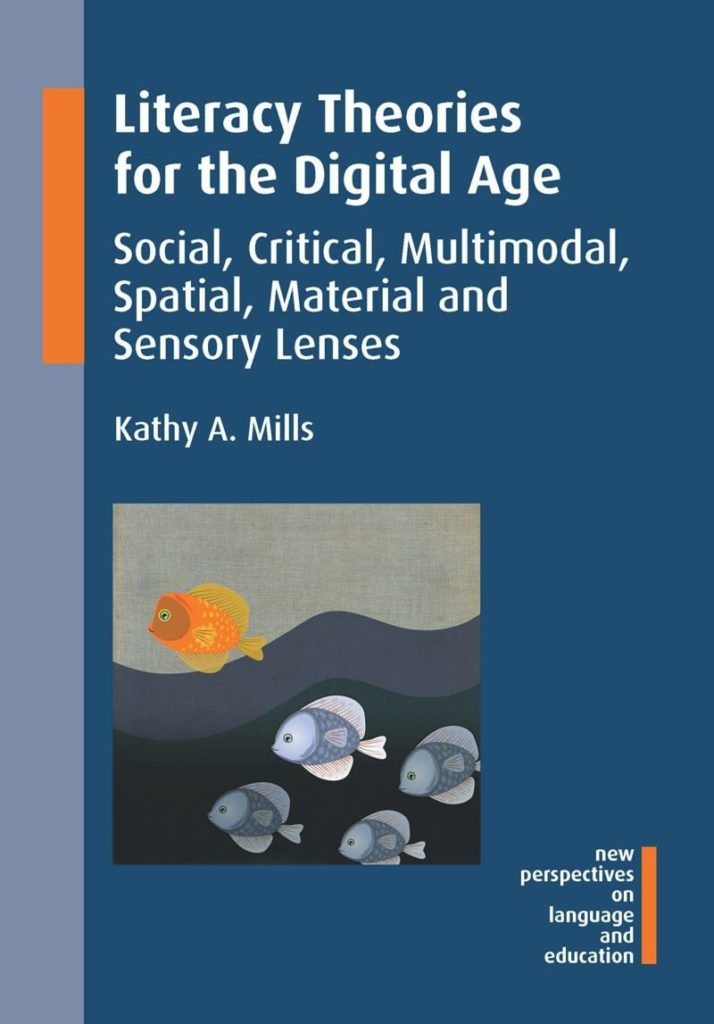
Literacy Theories for the Digital Age
Kathy A. Mills
2016
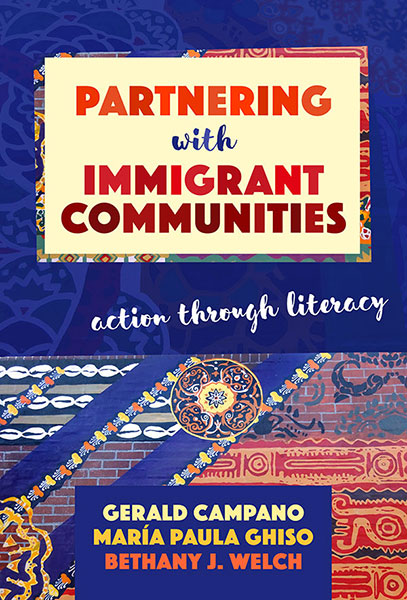
Partnering with Immigrant Communities: Action through Literacy
Gerald Campano, Maria Paula Ghiso, Bethany J. Welch
2017
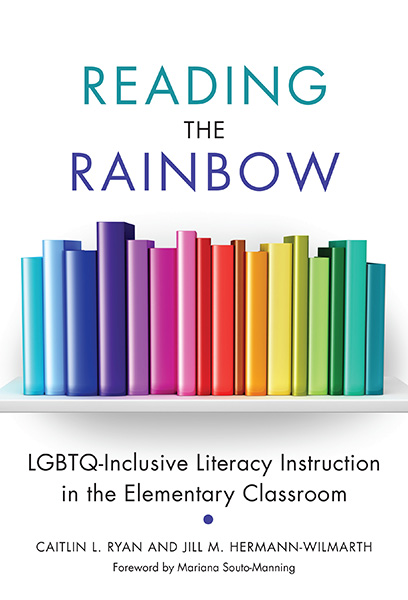
Reading the Rainbow: LGBTQ-inclusive Literacy Instruction in the Elementary Classroom
Caitlin R. Ryan & Jill Hermann-Wilmarth
2018
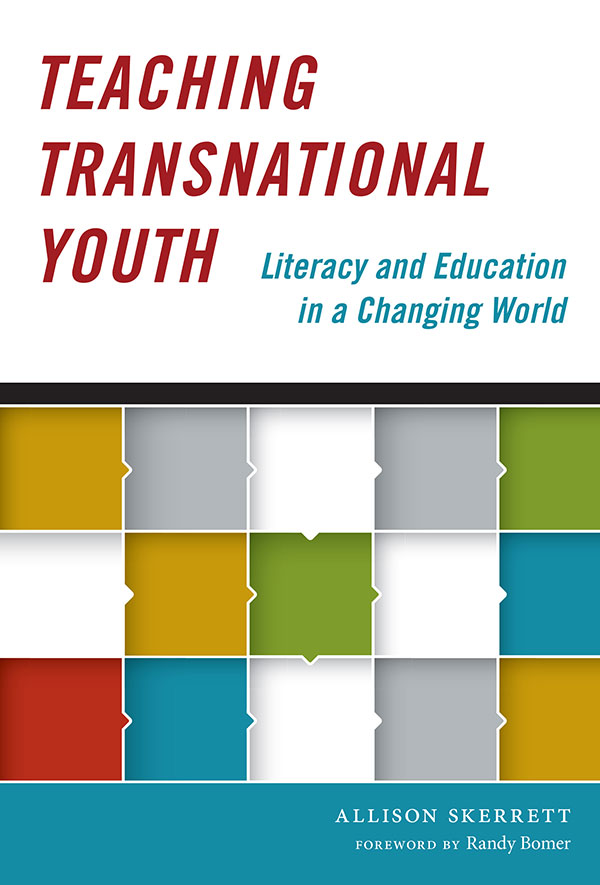
Teaching Transnational Youth—Literacy and Education in a Changing World
Allison Skerrett
2019
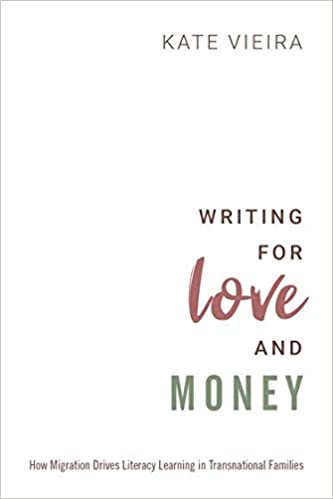
Writing for Love and Money: How Migration Drives Literacy Learning in Transnational Families
Kate Vieira
2020
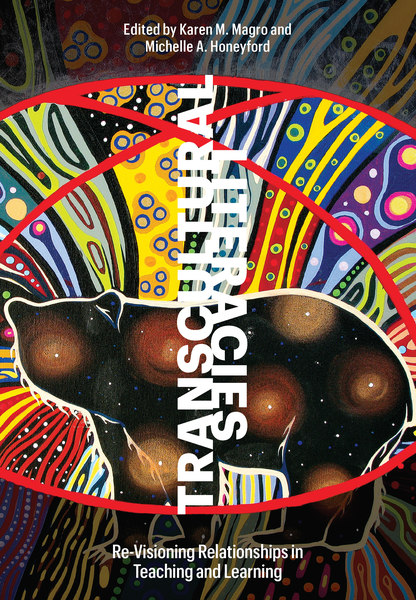
Transcultural Literacies: Re-visioning Relationships in Teaching and Learning
Karen Magro & Michelle A. Honeyford
2021
Finalists
Engaging Literate Minds: Developing Childen’s Social, Emotional, and Intellectual Lives, K-3
Peter Johnston, Kathy Champeau, Andrea Hartwig, Sarah Helmer, Merry Komar, Tara Krueger, and Laurie McCarthey
Compose Our World: Project-Based Learning in Secondary English Language Arts
Alison G. Boardman, Antero G. Garcia, Bridget Dalton, and Joseph L. Polman
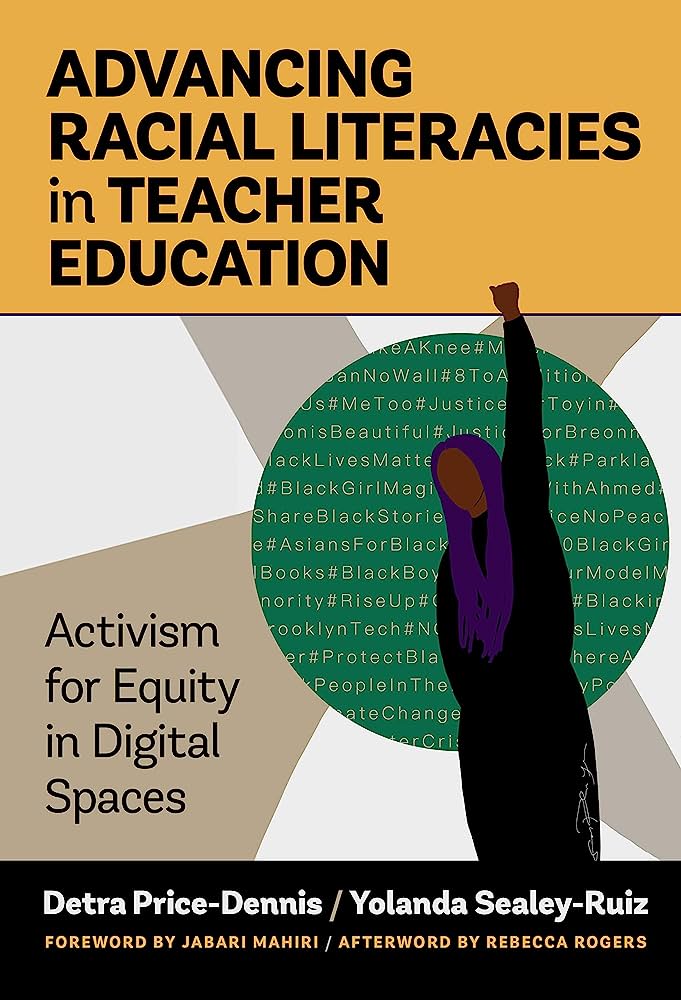
Advancing Racial Literacies in Teacher Education: Activism for Equity in Digital Spaces
Detra Price-Dennis & Yolanda Sealey-Ruiz
2022
Finalists
Whitewashed Critical Perspectives: Restoring the Edge to Edgy Ideas
Catherine Compton-Lilly, Tisha Lewis Ellison, Kristen Perry, and Peter Smagorinsky
Understanding the Transnational Lives and Literacies of Immigrant Children
Jungmin Kwon

Teaching English in Rural Communities Toward a Critical Rural English Pedagogy
Robert Petrone &
Allison Wynhoff Olsen
2023

Storytelling and Improvisation as Anti-Racist Pedagogies
Samuel Jaye Tanner &
Erin T. Miller
2024
